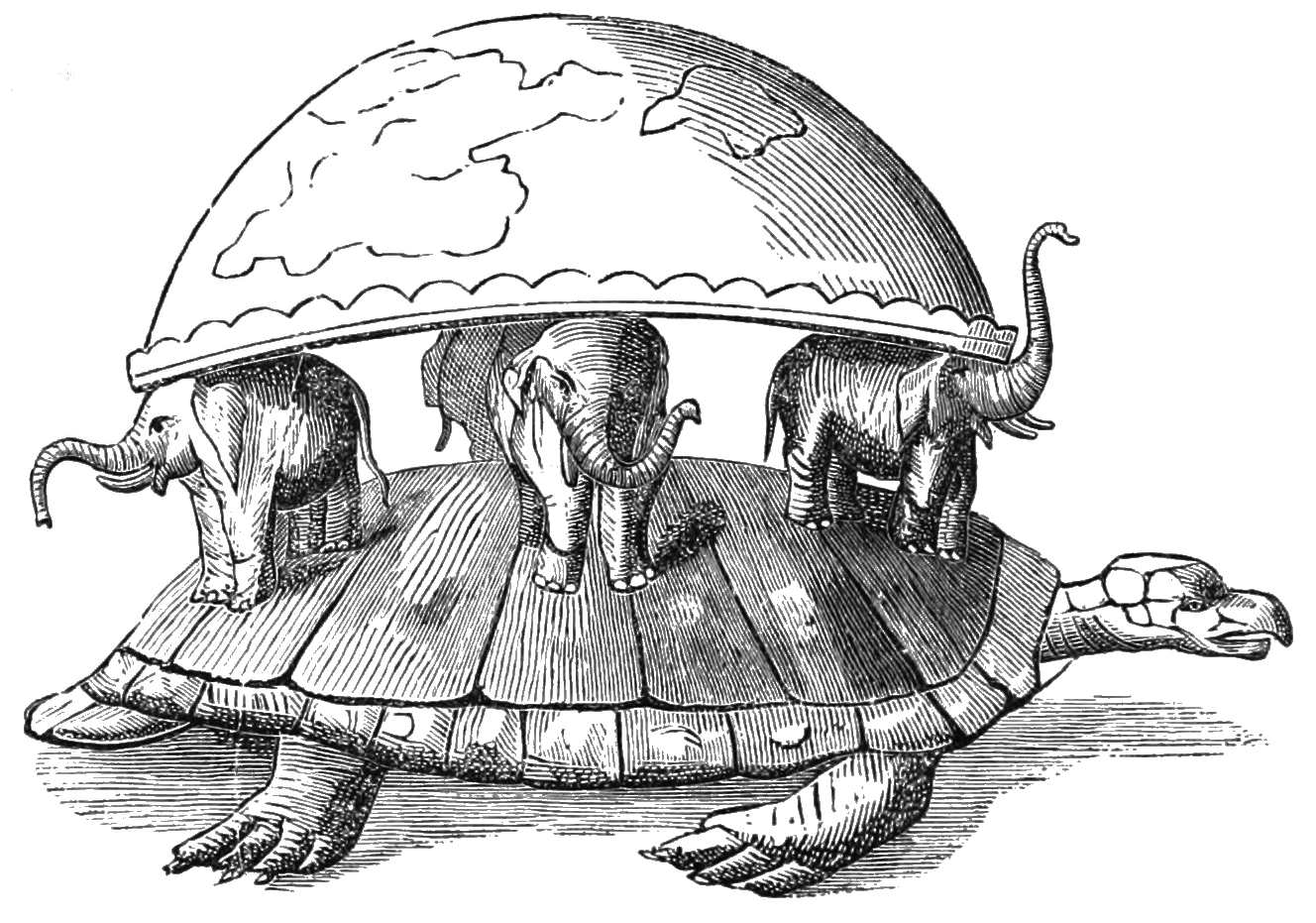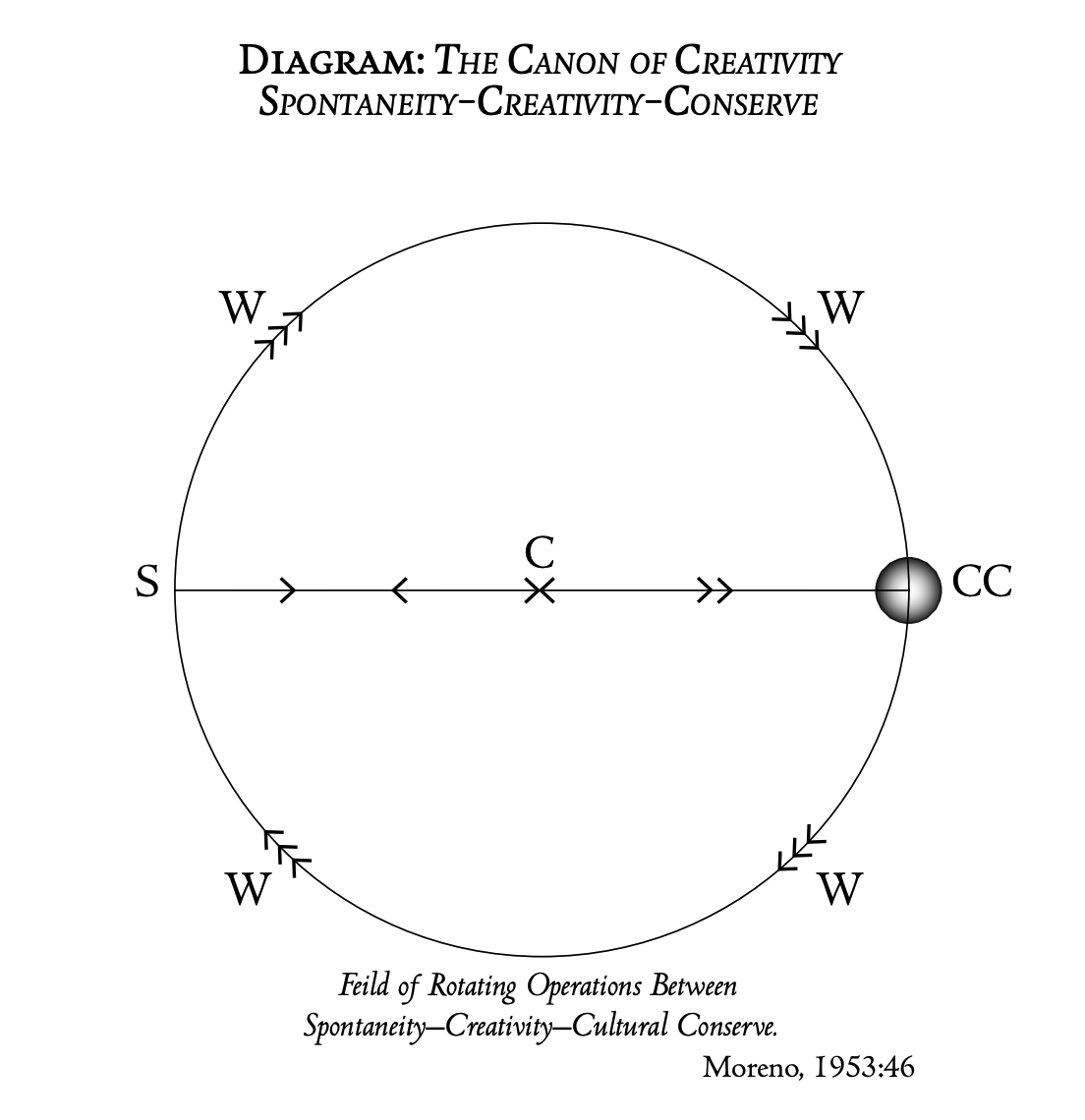From the Dictionary:
Ontology
noun: ontology; plural noun: ontologies
1.
the branch of metaphysics dealing with the nature of being.
2.
a set of concepts and categories in a subject area or domain that shows their properties and the relations between them.
“what’s new about our ontology is that it is created automatically from large datasets”
Origin
early 18th century: from modern Latin ontologia, from Greek ōn, ont- ‘being’ + -logy.
I have long had a phrase I use “It’s only ontology”. I use it to listen to people as they talk about Jesus, Chi, Shan, God, spirit or soul and so on. My little phrase reminds me to listen to the person rather than get into a debate about the existence of this or that. Also, irrespective of the existence of stuff, ontology “shows properties and the relations between” categories. For an archetypal psychologist, for example, there is a fundamental distinction between soul and spirit. Other people may use the words differently, yet they can reveal much about their world view. It’s only ontology.


I am looking back on earlier posts in relationship to ontology. Here is one where my phrase does not hold:
